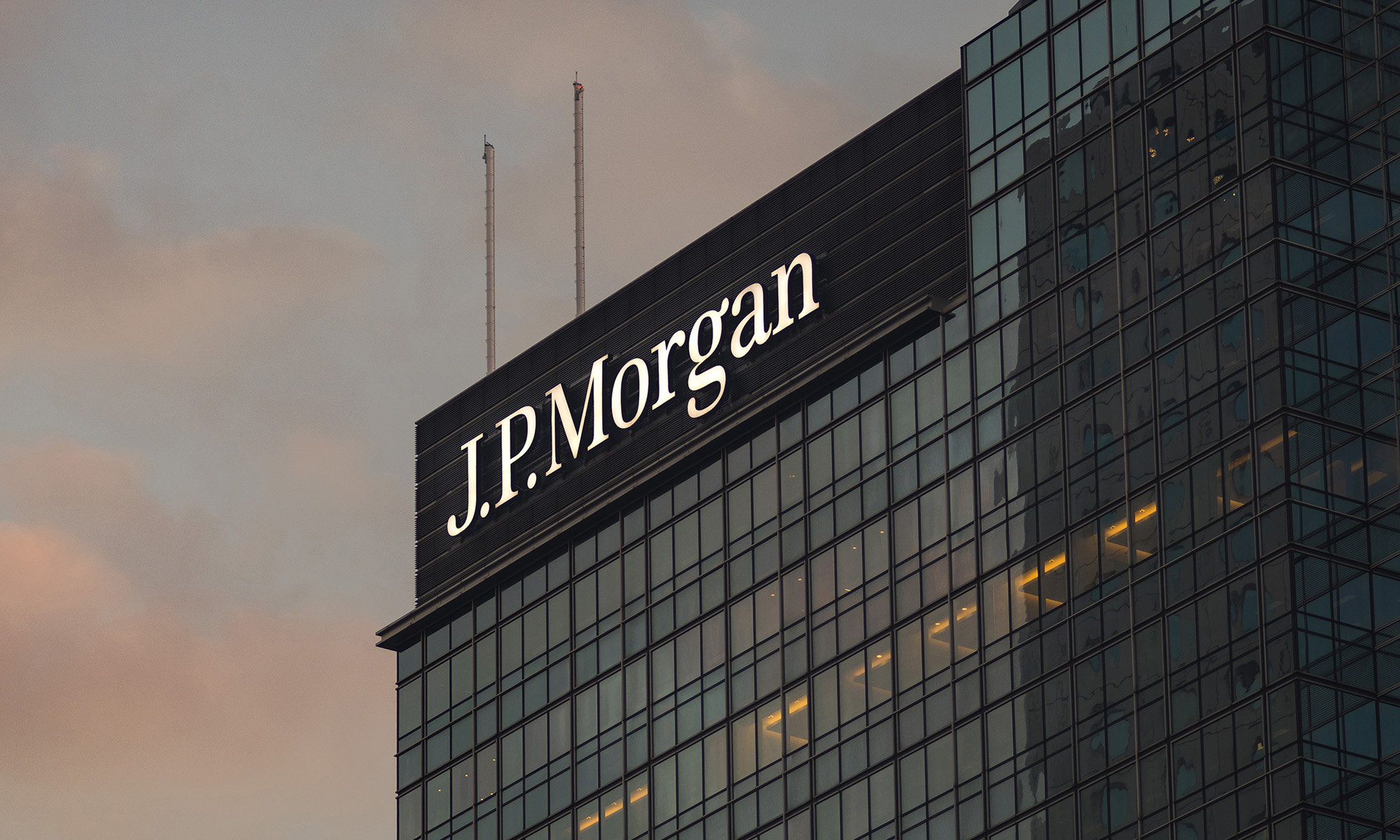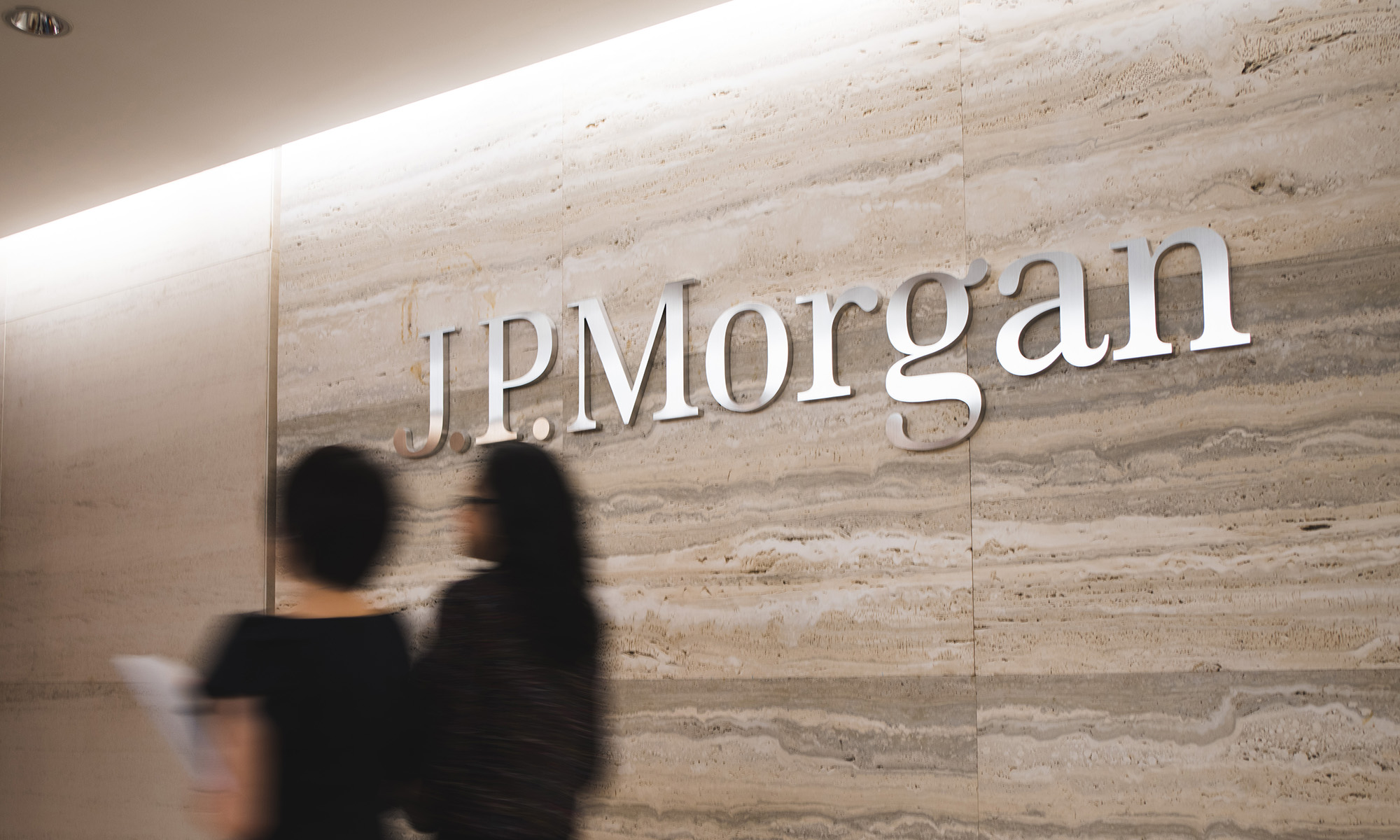With his recent appearance on 60 Minutes and abundant national media coverage following his newly released David and Goliath, Malcolm Gladwell is again at the forefront of the American public consciousness. But there are still a few things investors can still learn from this acclaimed author.
In a 2009 article in The New Yorker outlining the fall of Bear Stearns, the bank that JPMorgan Chase (JPM +0.15%) ultimately acquired, Gladwell says "that the roots of Wall Street's crisis were not structural or cognitive so much as they were psychological." Although much has changed since then and many bankers have learned from their past mistakes, there are a few all-too-recent examples that show we can all take a tip from Gladwell. Let's look at some of his words in relation to some recent happenings.
"[O]ne of the things that happen to us when we become overconfident is that we start to blur the line between the kinds of things that we can control and the kinds of things that we can't."
Bill Ackman of Pershing Square Capital Management is certainly an investor who has met with success throughout his career -- just consider the 50% return in Canadian Pacific Railway, which Ackman had a $2.5 billion position at the beginning of the year -- but certainly his position in J.C. Penney (JCP +0.00%) won't go down as one of his successful investments.
In large part, the reason for the failure of the investment was the unwillingness of the J.C. Penney board of directors to make the changes Ackman pushed for. Ackman even went so far as making public a letter he sent to his fellow board members that began:
I think J.C. Penney is at a very critical stage in its history and its very existence is at risk. During a period like this one, it is absolutely critical that we work together to solve our problems. It is essential that our board function extremely effectively or we will certainly fail.
Despite Ackman's past success, the board of directors seemed largely unwilling to listen to anything he had to say. Although Ackman seemingly unloaded his stake in J.C. Penny at the right time, as he sold for roughly $12.90 per share, and the stock now stands at $9.20, one would have to think that he perhaps went into the investment thinking his past success might've allowed him to have greater control on the J.C. Penney board than he was ultimately given.
"As novices, we don't trust our judgment. Then we have some success, and begin to feel a little surer of ourselves. Finally, we get to the top of our game and succumb to the trap of thinking that there's nothing we can't master. As we get older and more experienced, we overestimate the accuracy of our judgments, especially when the task before us is difficult and when we're involved with something of great personal importance."
I don't know the brain trust behind Snapchat, the app that recently turned down a $3 billion acquisition offer from Facebook (FB 0.43%) despite never recording a dime of revenue. Certainly some of those at the helm were the same ones who also oversaw the takeover of Instagram by Facebook for $1 billion a few years ago, like Benchmark, which has positions in both.
I would suspect that the greater than $20 billion valuation of Twitter probably makes the stomach churn for any of those investors who watched Instagram slip from their midst for less than 5% of that. As a result, I can't help thinking that experience clouded their judgment when it came to Snapchat, and they felt it deserved more. Only time will tell how much Snapchat will be worth -- but certainly a $3 billion valuation for a company that has never made, nor even seen, a dollar, seems to be full of overconfidence -- and turning such a deal down is perhaps an even greater example of that.
"But running an investment bank is not, in this sense, a game: It is not a closed world with a limited set of possibilities. It is an open world where one day a calamity can happen that no one had dreamed could happen, and where you can make a mistake of overconfidence and not personally feel the consequences for years and years -- if at all."
This quote seems oddly prescient, given the recent news of the official $13 billion settlement between JPMorgan Chase and the U.S Department of Justice. One of the biggest problems with all these settlements are that they penalize the current shareholders and not those who are responsible for the troubles that were created.
"No firm, no matter how profitable, is above the law, and the passage of time is no shield from accountability," said the U.S attorney general. But one has to wonder if those who are most responsible for the meltdown as a result of their overconfidence have truly felt the consequences.







